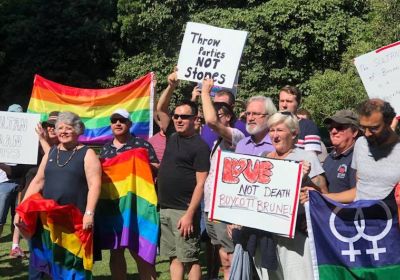
More than 100 LGBTI activists and supporters attended a rally on April 13 targeting the Royal on the Park Hotel which is owned by the Sultan of Brunei who recently introduced the death penalty for homosexuality, adultery, blasphemy and apostasy.

More than 100 LGBTI activists and supporters attended a rally on April 13 targeting the Royal on the Park Hotel which is owned by the Sultan of Brunei who recently introduced the death penalty for homosexuality, adultery, blasphemy and apostasy.
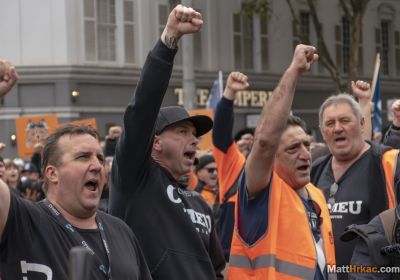
Thousands of unionists rallied around Australia on April 10 in the latest round of Change the Rules protests.

The Combined Refugee Action Group (CRAG) launched its campaign to highlight the cruel treatment of refugees in the country’s most marginal electorate, Corangamite, on April 7.
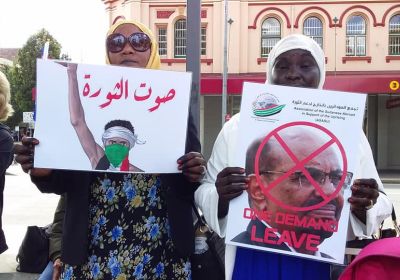
Members of the Sudanese-Australian community protested outside a meeting between representatives of the regime of Sudanese President Omar Bashir and Australian business groups, in Belmore on April 10.

Thousands of unionists rallied around Australia on April 10 in the latest round of Change the Rules protests.

Indian mining company Adani intends to open a mega coalmine in the Galilee Basin in Queensland, which will contribute significantly to global warming.

More than 350 Victorian Socialists members and supporters packed out Preston Town Hall on April 6 to launch the party’s federal election campaign.

Just days after Queensland Liberal National Party Senator James McGrath reportedly threatened to call for the sacking of federal environment minister Melissa Price if she did not grant approval for Adani’s proposed coalmine, the Indian mining giant’s groundwater management plan was approved on April 9.
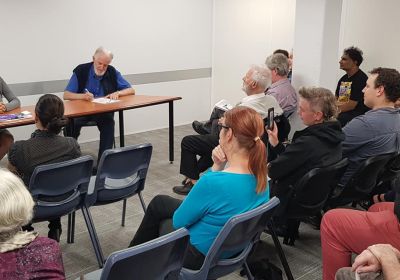
“Cubans want a socialist country, a developed country, and support for the Cuban Revolution remains strong,” Leima Martinez Freire told a public meeting in Sydney on April 4.
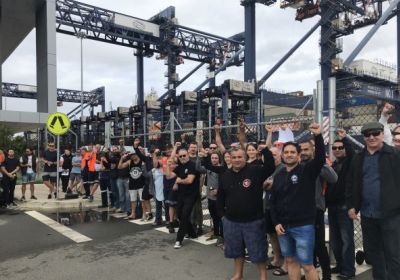
Hutchison Ports workers in Sydney and Brisbane walked off the job for 24 hours on April 5 to protest the company’s ongoing refusal to move away from outsourcing jobs and the overseas remote-controlling of already semi-automated equipment.
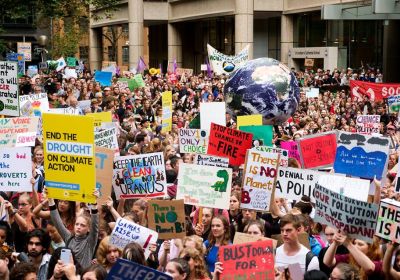
Socialist candidates are campaigning in the May 18 federal elections to put forward solutions to the growing wealth divide and looming environmental crisis.
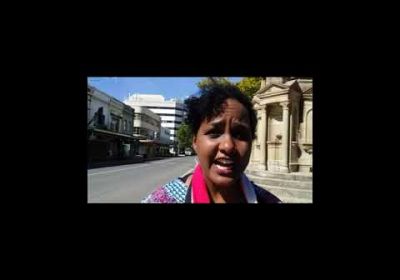
Protests continue in Sudan, calling for the Al Bashir regime to fall. On April 6, the anniversary of the 1985 revolution, solidarity protests were organised around the world as the Sudanese people called on the army to support them in their struggle for peace, justice and freedom. Green Left Weekly's Susan Price spoke to Maysoon, from the Sydney Sudanese community about the significance of the April 6 protests.
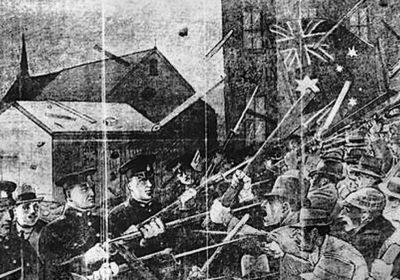
One hundred years after the Red flag Riots, Jim McIlroy looks at the polarisation after World War I, in which far-right aggression was incited by governments and “respectable” political forces.

Politicians are generally pretty bad at understanding information technology (IT) and the internet, especially when it comes to legislation. But Australia’s parliament is leading the world in terms of bad laws that effect technology, writes Viv Miley.
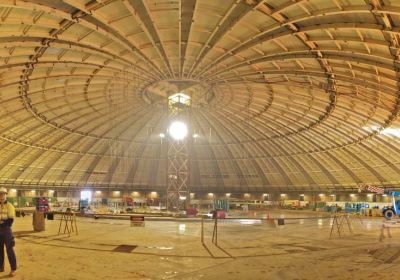
In early March, we saw the raw power of fossil fuel capitalism on full display in Perth. The Western Australia Environmental Protection Authority (EPA) released a policy requiring big offshore oil and gas operators to provide 100% carbon offsets for all their emissions.

Greens candidate for the inner Brisbane federal seat of Griffith Max Chandler-Mather is running an ambitious and energetic campaign. It is also arguably one of the most left-wing Greens campaigns in the country.

The farcical political posturing over electric cars by Coalition Prime Minister Scott Morrison and his minister for small and family business Senator Michaelia Cash says a lot about the state of Australian politics.
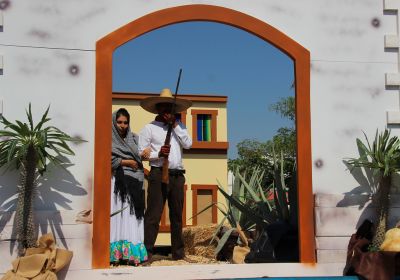
The hundred-year anniversary of the assassination of Mexican revolutionary Emiliano Zapata has exposed the deepening fault-lines in the country’s left.

The arrest of Julian Assange is an explicit warning towards journalists. What happened to the founder and editor of WikiLeaks can happen to you on a newspaper, you in a TV studio, you on radio, you running a podcast, writes John Pilger.
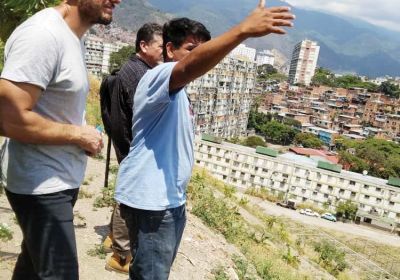
The media calls them armed thugs and US Senator Marco Rubio wants them put on the terrorist list, but who are Venezuela’s colectivos? Green Left Weekly’s Federico Fuentes met with some of them to find out.
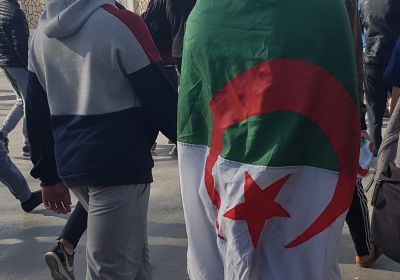
Abdelkader Bensalah was appointed interim president following the resignation of Abdelaziz Bouteflika after weeks of mass protests.
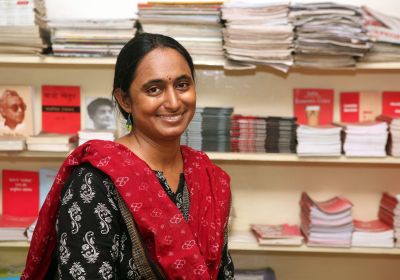
Elections in India will take place from April 11 to May 23. Green Left Weekly’s Susan Price spoke to Kavita Krishnan, a member of the politburo of the Communist Party of India (Marxist-Leninist) Liberation (CPI-ML) about their campaign to challenge Narendra Modi’s far-right Bharatiya Janata Party (BJP) government.

Independent human rights monitors are reporting that thousands of people have been displaced and healthcare facilities burned as a result of Indonesian military operations in Nduga, West Papua, according to the United Liberation Movement for West Papua (ULMWP).
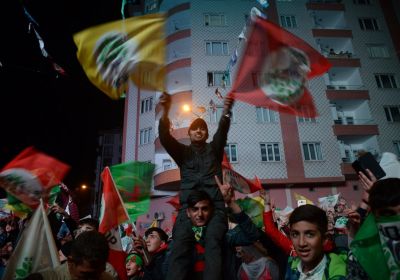
President Recep Tayyip Erdoğan’s Justice and Development Party (AKP) suffered a historic defeat in Turkey’s local elections that even they could not spin as a victory.
Following the AKP’s loss of the three biggest economic centres of Istanbul, Izmir and Ankara, Erdoğan’s balcony speech sounded defeated and defensive.
How did this happen? What role was, and will be played by the country’s main leftist coalition party, the People’s Democratic Party (HDP)?
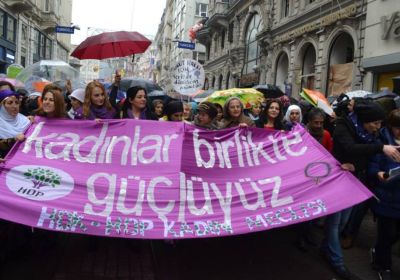
The March 31 Turkish local election results showed democracy is alive, but if the opposition wants to win there needs to be unity of the Kurdish and Turkish left, writes Arash Azizi.
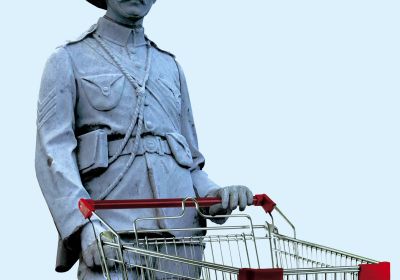
Australia’s capitalists were quick to see the tremendous marketing potential of Anzac Day by aligning their consumer brand with the officially revered military brand of Anzac. As early as 1916, the “commercial appeal” of the word “Anzac” was being used to flog various foodstuffs, beverages, soaps, toys, all sorts of apparel, Rexona healing ointment (tested in the trenches!), watches, matches, jewellery, cafés and restaurants.

The documentary Palestine Underground follows a group of artists who are challenging divisions between Palestinians living in the West Bank and those in Israel through the dance floor.
Hip hop, techno, trap and traditional music nurture new and known cultural impulses among Palestinians on either side of Israel’s West Bank wall, ushering in a new era of resistance.